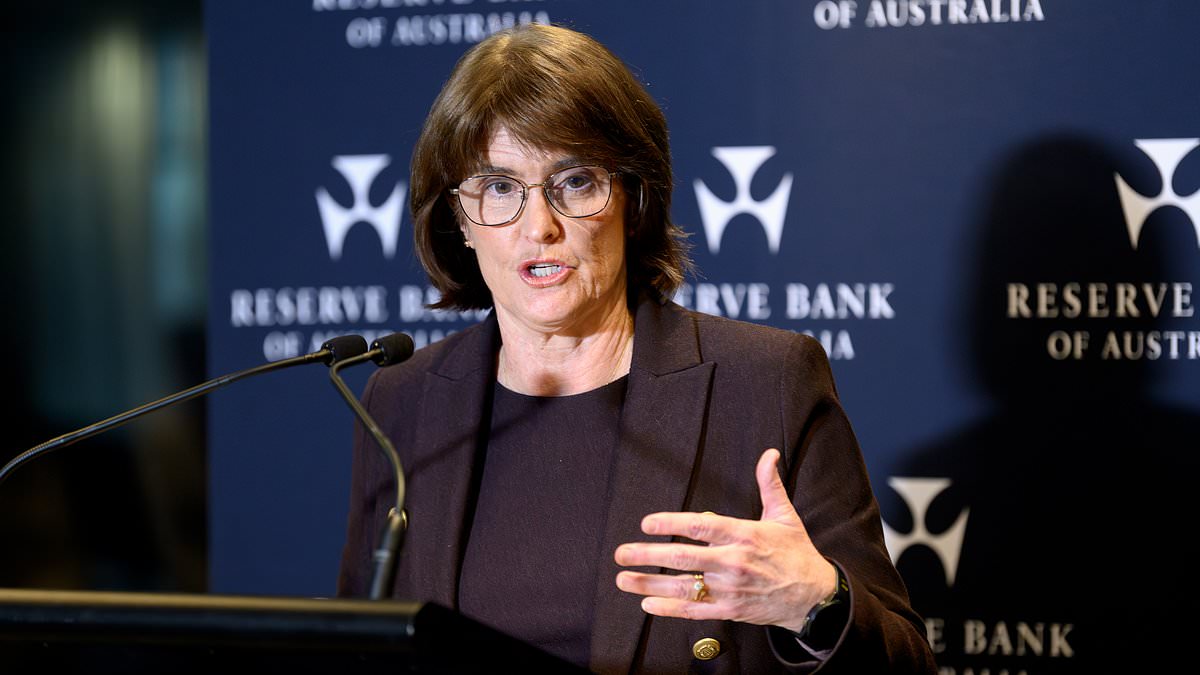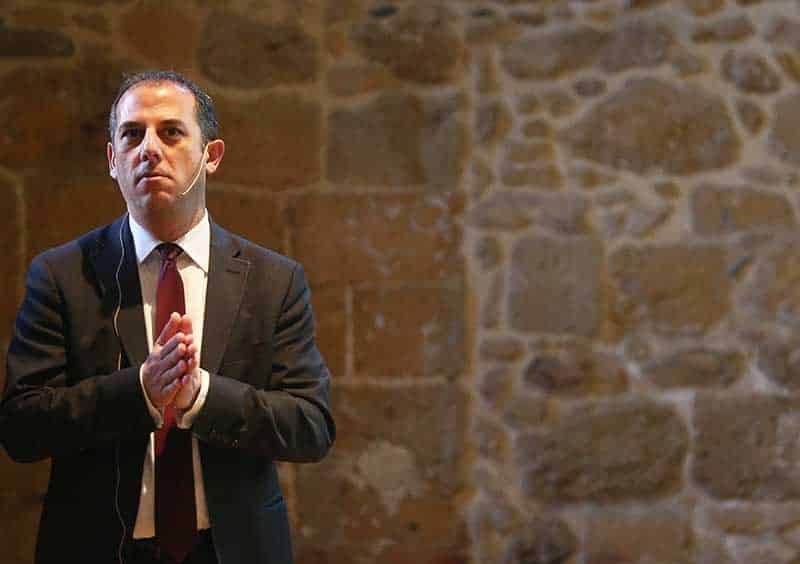Major blow for Aussies struggling with a mortgage as Reserve Bank makes interest rate announcement
By Daily,Editor
Copyright dailymail

The Reserve Bank has kept interest rates on hold at 3.60 per cent, dealing a fresh blow to Australians with mortgages after inflation came in hotter than expected.
Chartered Accountants ANZ chief economist Richard Holden said opposing forces in the economy, including rising inflation, soft economic growth and a robust labour market, were causing the central bank to exercise caution.
The Reserve Bank has lowered mortgage rates three times since February, shaving more than $270 from monthly repayments for an average home loan of $600,000.
Boosted with extra purchasing power, increased demand from prospective homebuyers has driven home prices to fresh highs after seven months of consecutive growth, according to Cotality’s home value index.
Ivan Colhoun, chief economist at CreditorWatch, said a rate cut was unlikely before Christmas as inflation rises.
‘Indeed, if these trends are sustained, then a further cut in interest rates before Christmas seems unlikely,’ he said.
‘While previous interest rate cuts have reduced some of the pressure, overall cost of living and cost of doing business pressures remain challenging.’
Despite the chance of more rate cuts off the cards for now, first-home buyers will receive another boost on Wednesday.
The federal government’s expanded first-home buyer guarantee scheme, which enables eligible Australians access to five per cent deposits, will slash the time it takes to save for a home.
In Sydney, where property price caps for the scheme have been lifted to $1.5 million, a couple on a dual disposable income of $123,674 will see their time to save for a deposit cut from more than 10 years to less than three years.
Homebuyers in Melbourne and Brisbane will save five years and nine months, while Adelaide purchasers will have the deposit hurdle lowered by five years and seven months.
There are downsides to the scheme, Dr Powell noted.
A lower up-front deposit meant more debt overall and a higher risk of slipping into negative equity if prices fell, while extra demand from first-home buyers would further bid up home prices.
Rising rental costs have further boosted the value proposition of the scheme to first-home buyers, Cotality head of research Eliza Owen said.
In Sydney, even if a first-home buyer shaved just six years off their time to save for a deposit, that would save them $251,000 on rent for a median rental of $801 a week.
‘Even though a smaller deposit means paying more interest over time, it could still work out cheaper for renters,’ Ms Owen said.



